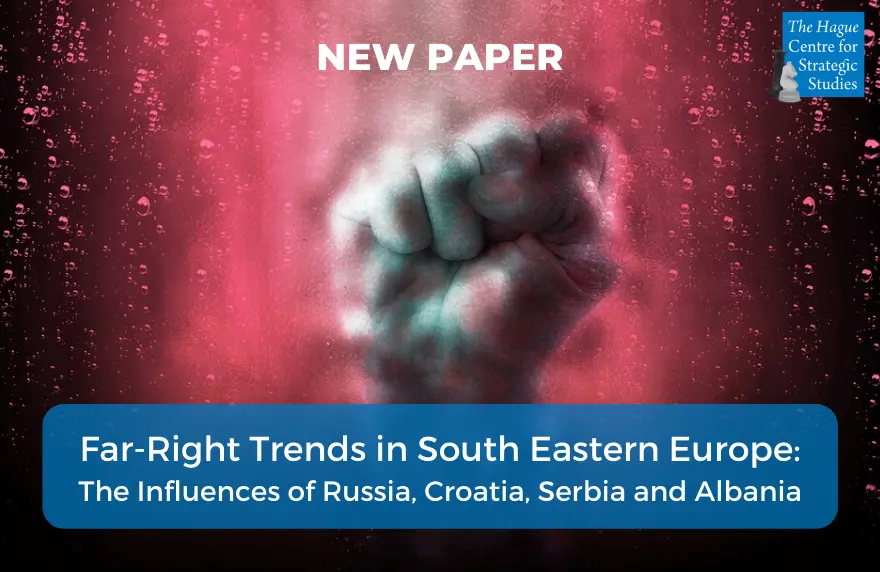One of my favorite pastimes in Washington was to torment overly selfimportant intelligence agency analysts with whom I regularly came into contact. The voracious reading and crack intelligence gathering of my staff often confounded experts. For example, at the height of the Balkan Wars I remember casually mentioning to a CIA Analyst I knew well that it was obvious that the Bosniaks were receiving weapons (quite possibly paid for by Saudi Arabia) in defiance of the then arms embargo on all sides, as America turned a blind eye. Astonished (as this was a classified secret at the time), he managed to stammer out various threats directed at me, and demanded to know who had spilled the beans.
Blandly, I mentioned that we read the foreign as well as domestic press, and that this ‘secret’ had been reported on at length by at least three international newspapers, and had the added advantage of making sense. The magic trick exposed, he sullenly pressed me not to reveal this to any of my think tank colleagues, as though they were incapable of reading the foreign press as well.
For the complete article, please download the PDF attachment on the right.






